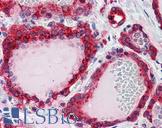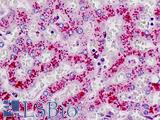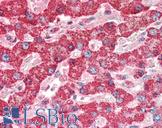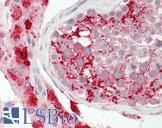Login
Registration enables users to use special features of this website, such as past
order histories, retained contact details for faster checkout, review submissions, and special promotions.
order histories, retained contact details for faster checkout, review submissions, and special promotions.
Forgot password?
Registration enables users to use special features of this website, such as past
order histories, retained contact details for faster checkout, review submissions, and special promotions.
order histories, retained contact details for faster checkout, review submissions, and special promotions.
Quick Order
Products
Antibodies
ELISA and Assay Kits
Research Areas
Infectious Disease
Resources
Purchasing
Reference Material
Contact Us
Location
Corporate Headquarters
Vector Laboratories, Inc.
6737 Mowry Ave
Newark, CA 94560
United States
Telephone Numbers
Customer Service: (800) 227-6666 / (650) 697-3600
Contact Us
Additional Contact Details
Login
Registration enables users to use special features of this website, such as past
order histories, retained contact details for faster checkout, review submissions, and special promotions.
order histories, retained contact details for faster checkout, review submissions, and special promotions.
Forgot password?
Registration enables users to use special features of this website, such as past
order histories, retained contact details for faster checkout, review submissions, and special promotions.
order histories, retained contact details for faster checkout, review submissions, and special promotions.
Quick Order
| Catalog Number | Size | Price |
|---|---|---|
| LS-C388144-100 | 100 µg | $575 |
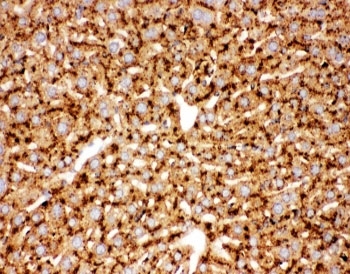
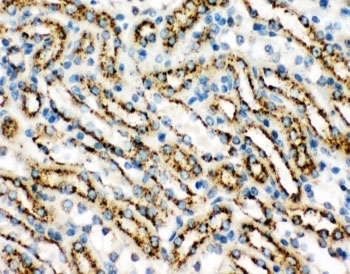
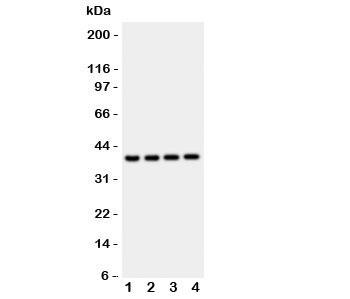



1 of 3
2 of 3
3 of 3
Polyclonal Rabbit anti‑Mouse CTSD / Cathepsin D Antibody (aa65‑410, IHC, WB) LS‑C388144
Polyclonal Rabbit anti‑Mouse CTSD / Cathepsin D Antibody (aa65‑410, IHC, WB) LS‑C388144
Antibody:
CTSD / Cathepsin D Rabbit anti-Mouse Polyclonal (aa65-410) Antibody
Application:
IHC, IHC-P, WB
Reactivity:
Mouse, Rat
Format:
Unconjugated, Unmodified
Toll Free North America
 (800) 227-6666
(800) 227-6666
For Research Use Only
Overview
Antibody:
CTSD / Cathepsin D Rabbit anti-Mouse Polyclonal (aa65-410) Antibody
Application:
IHC, IHC-P, WB
Reactivity:
Mouse, Rat
Format:
Unconjugated, Unmodified
Specifications
Description
Cathepsin D antibody LS-C388144 is an unconjugated rabbit polyclonal antibody to Cathepsin D (CTSD) (aa65-410) from mouse. It is reactive with mouse and rat. Validated for IHC and WB.
Target
Mouse CTSD / Cathepsin D
Synonyms
CTSD | CPSD | CLN10 | Lysosomal aspartyl peptidase | Lysosomal aspartyl protease | ProCathepsin D | CatD | Cathepsin D
Host
Rabbit
Reactivity
Mouse, Rat
(tested or 100% immunogen sequence identity)
Clonality
IgG
Polyclonal
Conjugations
Unconjugated
Purification
Immunoaffinity purified
Modifications
Unmodified
Immunogen
Mouse partial recombinant protein (aa65-410).
Epitope
aa65-410
Specificity
Mouse CTSD / Cathepsin D
Applications
- IHC
- IHC - Paraffin (0.5 - 1 µg/ml)
- Western blot (0.5 - 1 µg/ml)
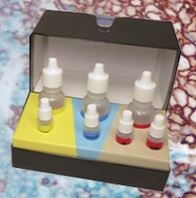
|
Performing IHC? See our complete line of Immunohistochemistry Reagents including antigen retrieval solutions, blocking agents
ABC Detection Kits and polymers, biotinylated secondary antibodies, substrates and more.
|
Usage
Cathepsin D is a protein that in humans is encoded by the CTSD gene. This proteinase is a member of the peptidase C1 family, having a specificity similar to but narrower than that of pepsin A. It is mapped to 11p15.5. The cDNA encodes a 412-amino acid protein with 20 and 44 amino acids in a pre- and prosegment, respectively. Cathepsin D is one of the lysosomal proteinases. It is ubiquitously expressed and is involved in proteolytic degradation, cell invasion, and apoptosis. Mutations in this gene are involved in the pathogenesis of several diseases, including breast cancer and possibly Alzheimer disease and it has been considered as a breast cancer tumor marker.
Presentation
Lyophilized from PBS, 2.5% BSA, 0.025% sodium azide.
Reconstitution
Reconstitute in sterile distilled water.
Storage
Prior to reconstitution, 4°C. Following reconstitution store at -20°C. Avoid freeze-thaw cycles.
Restrictions
For research use only. Intended for use by laboratory professionals.
About CTSD / Cathepsin D
Publications (0)
Customer Reviews (0)
Featured Products
Species:
Human
Applications:
IHC, IHC - Paraffin, Western blot, Immunoprecipitation, ELISA
Species:
Mouse, Human, Rat
Applications:
IHC, IHC - Paraffin, Western blot
Species:
Mouse, Human
Applications:
IHC, IHC - Paraffin, Western blot
Species:
Human
Applications:
Immunoprecipitation
Request SDS/MSDS
To request an SDS/MSDS form for this product, please contact our Technical Support department at:
Technical.Support@LSBio.com
Requested From: United States
Date Requested: 3/9/2025
Date Requested: 3/9/2025

